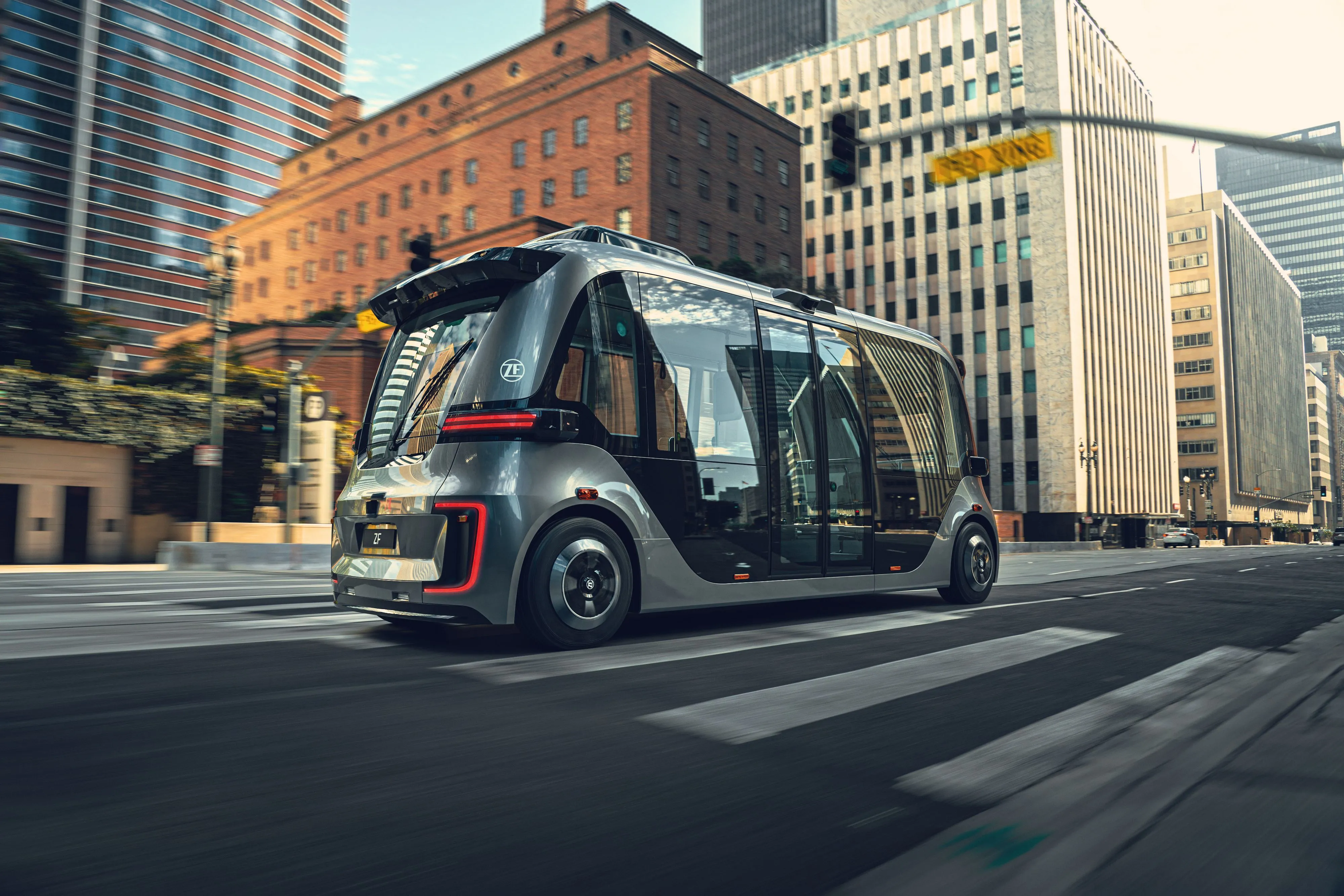The technology company says drivers receive in-cab alerts on safe locations to pull over to inspect brakes and prompts to change to a lower gear while showing suggested maximum speeds down steep grades.
Product manager Charlie Mohn says: “All of the mountain passes included feature grades of 5% or higher. With our mountain safety alerts, our goal is to help drivers focus on the terrain ahead while providing information that will make them safer on the road.”
The alerts are available in Arizona, California, Colorado, Idaho, Maryland, Massachusetts, Montana, New Mexico, Nevada, New York, North Carolina, Oregon, Pennsylvania, Tennessee, Vermont, Virginia, Utah, Washington, West Virginia and Wyoming.
The Drivewyze safety notification service is available to carriers on supported ELDs and other in-cab devices through the company’s partner network.
Drivewyze adds to mountain corridor alerts in US
Drivewyze is extending its safety notification service by adding mountain corridor safety alerts to more than 100 locations in 20 US states.
The technology company says drivers receive in-cab alerts on safe locations to pull over to inspect brakes and prompts to change to a lower gear while showing suggested maximum speeds down steep grades.
Product manager Charlie Mohn says: “All of the mountain passes included feature grades of 5% or higher. With our mountain safety alerts, our goal is to help drivers
September 19, 2019
Read time: 2 mins








